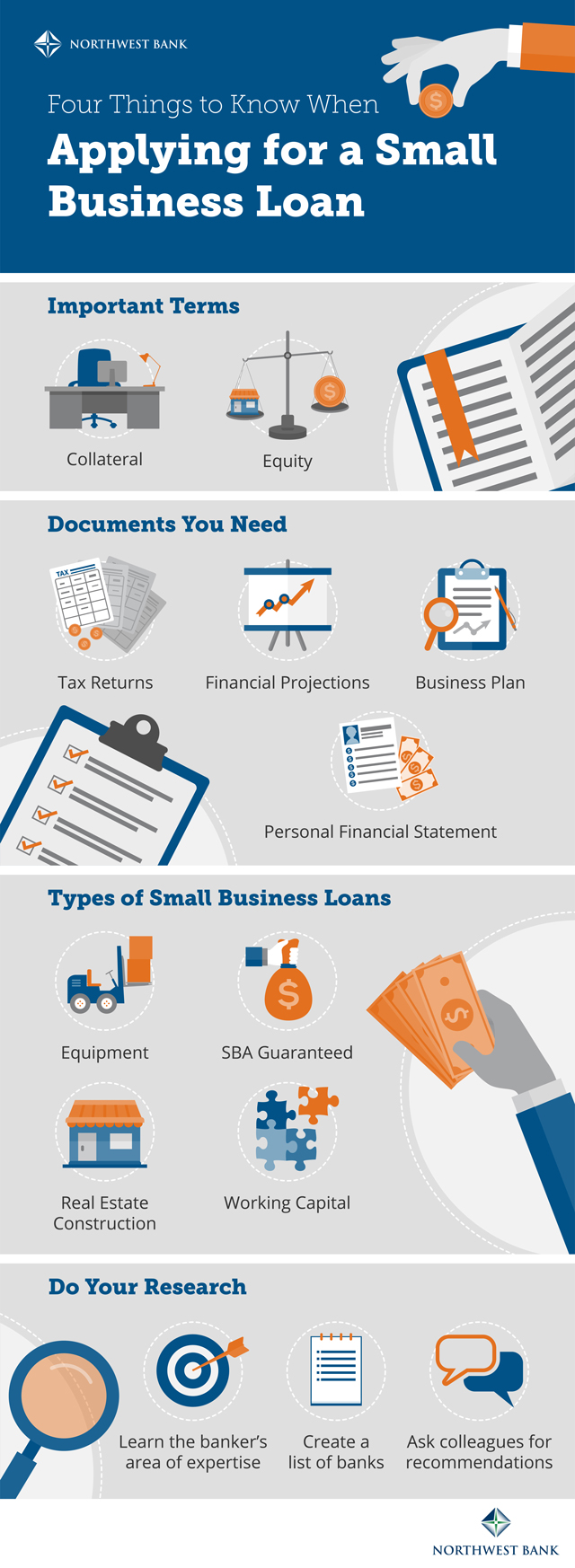
Unlock Your Business Potential with Equity Loans
Understanding Equity Loans
Equity loans are a powerful financial tool for businesses, leveraging the value of your existing assets to secure funding. Unlike traditional loans that rely solely on creditworthiness, equity loans use the equity you’ve built up in your business – whether that’s in property, equipment, or intellectual property – as collateral. This means you might qualify even if your credit history isn’t perfect, making them a viable option for businesses that might struggle to secure funding elsewhere. The loan amount is typically a percentage of your asset’s appraised value, giving you access to significant capital without diluting your ownership.
Identifying Your Business Needs and Goals
Before diving into equity loans, it’s crucial to clearly define your business goals. What are you hoping to achieve with this extra capital? Are you looking to expand your operations, invest in new equipment, upgrade your technology, or perhaps manage a period of cash flow strain? Having a well-defined plan, complete with realistic projections, will not only help you determine the appropriate loan amount but also impress potential lenders, making you a more attractive candidate.
Exploring Different Types of Equity Loans
Several types of equity loans cater to different business needs. One common type is a secured business loan, where your business assets serve as collateral. Another option might be a second mortgage on commercial property. Understanding the nuances of each type is vital. Some loans offer fixed interest rates, offering predictable monthly payments, while others might have variable rates, making them potentially riskier but potentially offering lower initial payments. A financial advisor can help navigate these complexities and determine the best fit for your circumstances.
Assessing Your Business Equity and Creditworthiness
Lenders will thoroughly assess your business’s equity and your credit history. They’ll appraise your assets to determine their market value and calculate the amount of equity available to secure the loan. A strong credit history, indicating responsible financial management, will significantly improve your chances of approval and likely result in better loan terms. Preparing comprehensive financial statements, including balance sheets, income statements, and cash flow projections, is essential to demonstrate your business’s financial health and repayment capability.
The Application Process and Required Documentation
The application process for an equity loan typically involves providing extensive documentation. This includes your business plan, financial statements, tax returns, proof of ownership of the assets being used as collateral, and personal financial information. Be prepared for a thorough review of your application, as lenders will want to ensure you can comfortably repay the loan. The process may take several weeks, so it’s best to start early and have all your documents organized and readily available.
Negotiating Favorable Loan Terms
Don’t be afraid to negotiate the loan terms. Shop around and compare offers from different lenders to find the most favorable interest rates, repayment periods, and fees. A lower interest rate can significantly reduce the overall cost of borrowing. Longer repayment periods might result in lower monthly payments but could lead to paying more interest overall. Understanding










